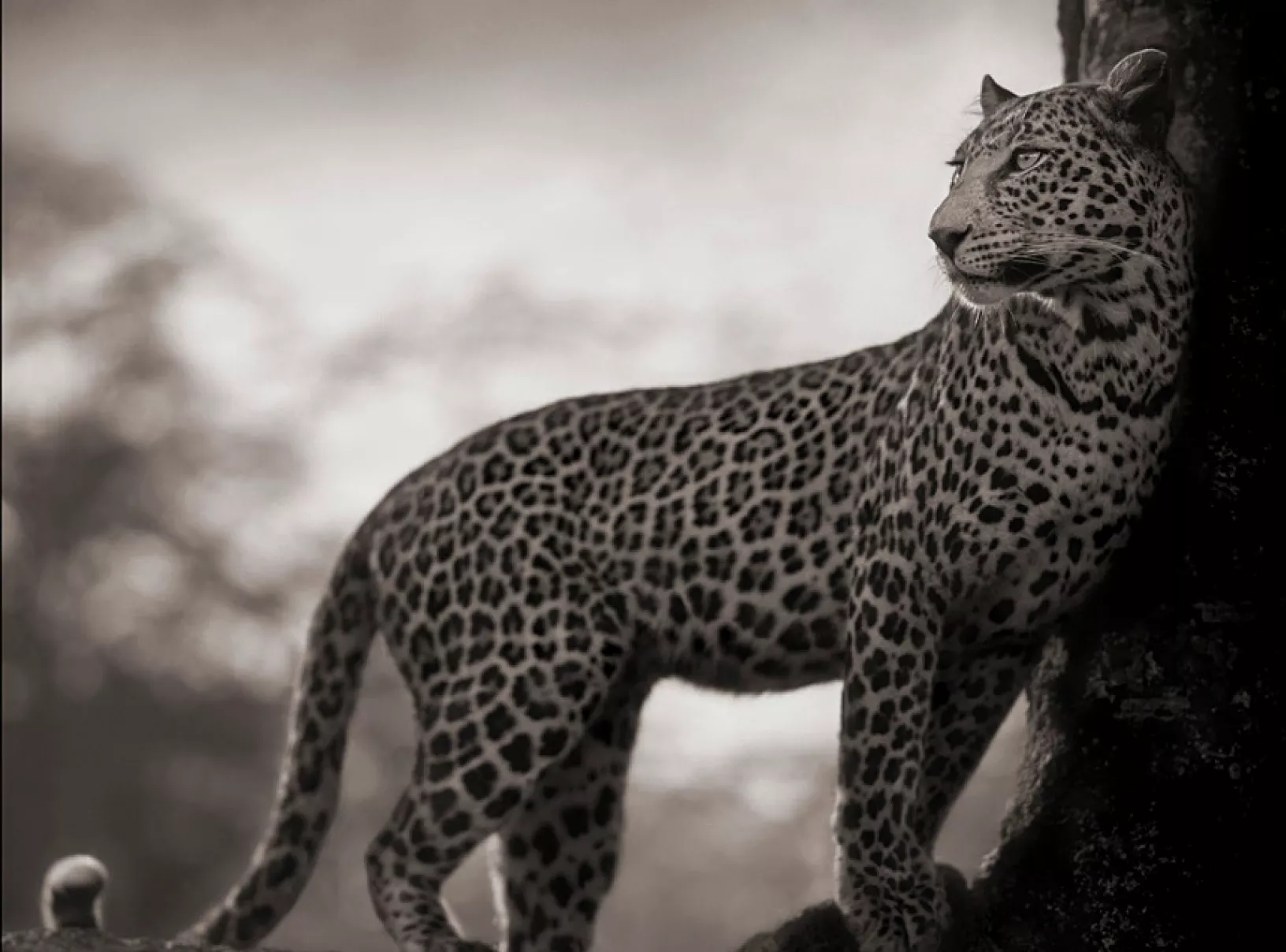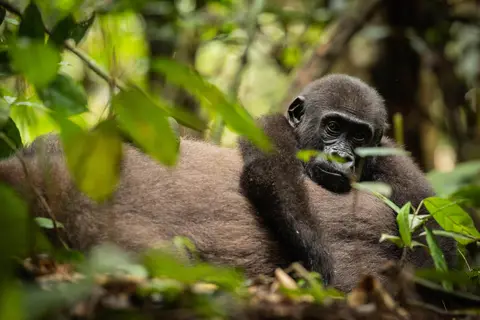Tracking gorillas is one of the most captivating activities in Africa, if not the world. If your dream is to track endangered gorillas in Rwanda or Uganda, or in the Republic of Congo, a considerable part of your holiday cost will go towards your Gorilla Trekking Permit. We break down why permits are crucial and why they are so pricey, focussing on Rwanda – where the largest gorilla population is found.
Gorilla Trekking: Where does your permit payment go?
Tracking gorillas is one of the most captivating activities in Africa, if not the world. If your dream is to track endangered gorillas in Rwanda or Uganda, or in the Republic of Congo, a considerable part of your holiday cost will go towards your Gorilla Trekking Permit. We break down why permits are crucial and why they are so pricey, focussing on Rwanda – where the largest gorilla population is found.
Historically mountain gorillas have fallen victim to poaching and, in some areas, been caught in the crossfire between armed groups and Government soldiers. Gorillas are found in areas with fertile land and rich vegetation, resulting in frequent contact with humans. This has led to competition for space, spread of diseases from humans to animals and deforestation. It is therefore critical that Governments are incentivized to step in and conserve these endangered species. One way to assist in doing so, is through sustainable and well-managed tourism.






























